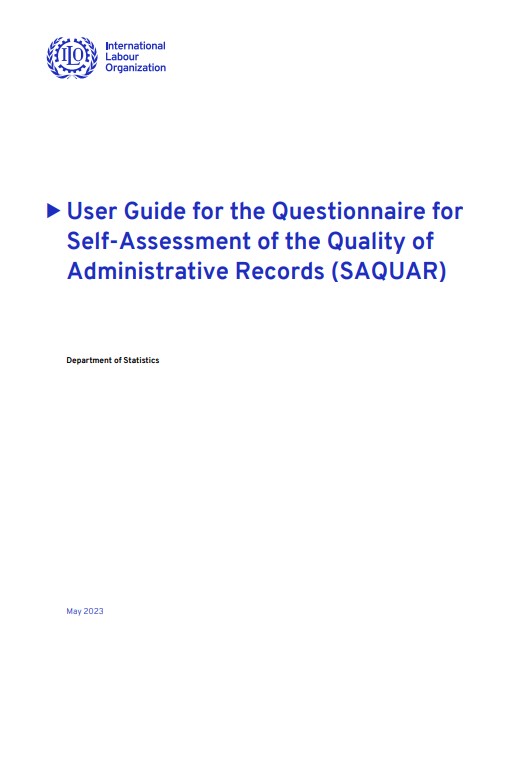
Consumer Price Index Manual: Theory, 2025
This is the companion publication to the Consumer Price Index Manual: Concepts and Methods. The Theory publication provides a comprehensive overview of the conceptual and theoretical issues that drive the methods and practices described in the CPI Manual.
Consumer Price Index Manual: Theory, 2025 Read More »









